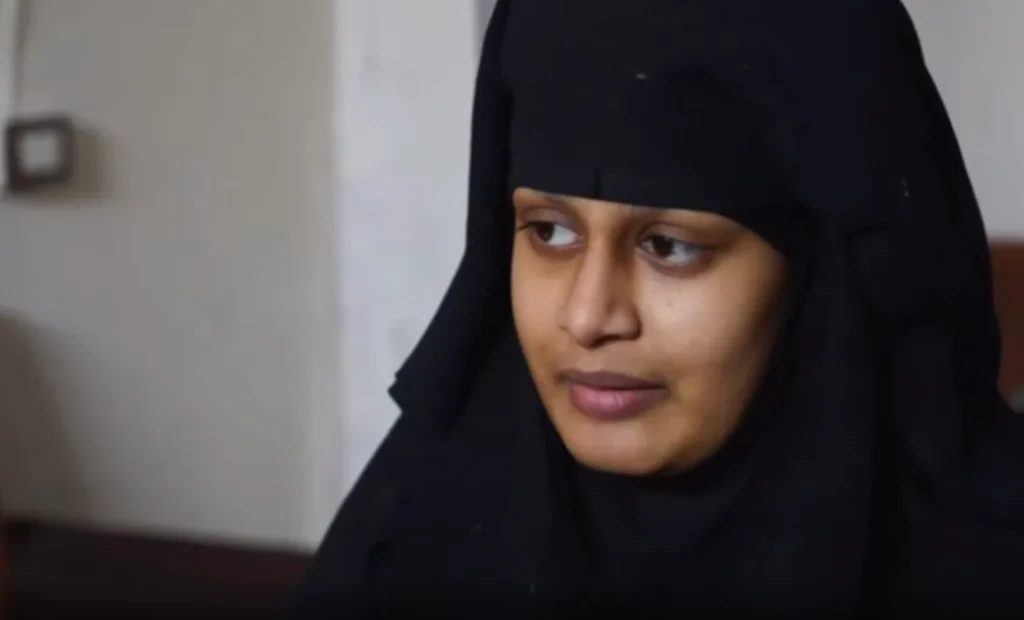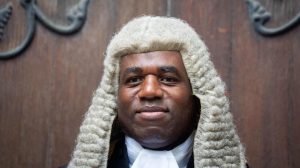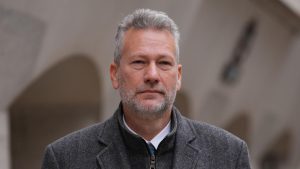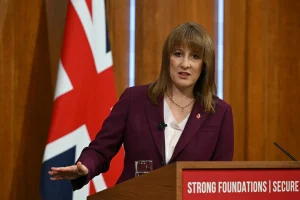UK Will Likely Yield to US Pressure on Shamima Begum's Return.
A lawyer for Shamima Begum's family has indicated that the UK may eventually yield to the demands of the incoming Donald Trump administration regarding the repatriation of the "ISIS bride."
Mohammed Tasnime Akunjee mentioned that Trump's team is eager to cut funding for detention facilities housing ISIS members, and the presence of British citizens in those camps poses a "barrier" to achieving that aim.
He criticized foreign secretary David Lammy and prime minister Sir Keir Starmer for their inconsistent policies, noting that Lammy had previously backed Shamima Begum’s repatriation before altering his position upon taking office. Akunjee believes the UK might shift its stance again, even though Lammy initially rejected calls from Trump’s new counter-terrorism chief, Sebastian Gorka, to bring back British citizens from these camps.
“I don’t think the UK is in a position, nor has it been for a long time, to stand up to the US’s demands," he told Yahoo News.
US pressures UK to allow return of ISIS members In a conversation with the Times, Gorka stated that “Any nation which wishes to be seen to be a serious ally and friend of the most powerful nation in the world should act in a fashion that reflects that serious commitment," he said.
“That is doubly so for the UK which has a very special place in President Trump’s heart and we would all wish to see the ‘special relationship’ fully re-established.”
This comes in light of the swift decline of Bashar Assad’s regime to the Islamist group Hayat Tahrir al-Sham (HTS), raising concerns about the stability of the region and the future of the camps housing IS-linked detainees. A lawyer for Shamima Begum's family has indicated that the UK may eventually yield to the demands of the incoming Donald Trump administration regarding the repatriation of the "ISIS bride." Mohammed Tasnime Akunjee mentioned that Trump's team is eager to cut funding for detention facilities housing ISIS members, and the presence of British citizens in those camps poses a "barrier" to achieving that aim.
He criticized foreign secretary David Lammy and prime minister Sir Keir Starmer for their inconsistent policies, noting that Lammy had previously backed Shamima Begum’s repatriation before altering his position upon taking office.
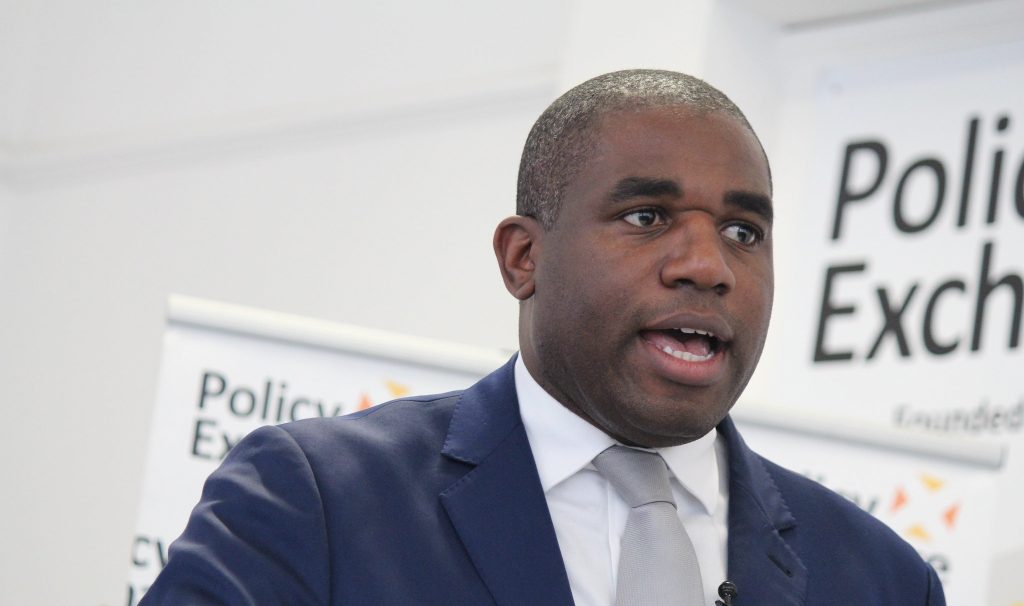
Akunjee believes the UK might shift its stance again, even though Lammy initially rejected calls from Trump’s new counter-terrorism chief, Sebastian Gorka, to bring back British citizens from these camps. “I don’t think the UK is in a position, nor has it been for a long time, to stand up to the US’s demands," he told Yahoo News.
US pressures UK to allow return of ISIS members In a conversation with the Times, Gorka stated that any country wanting to be regarded as a "serious ally" of the US should accept the return of its citizens who joined the Islamic State.
“Any nation which wishes to be seen to be a serious ally and friend of the most powerful nation in the world should act in a fashion that reflects that serious commitment," he said. “That is doubly so for the UK which has a very special place in President Trump’s heart and we would all wish to see the ‘special relationship’ fully re-established.”
This comes in light of the swift decline of Bashar Assad’s regime to the Islamist group Hayat Tahrir al-Sham (HTS), raising concerns about the stability of the region and the future of the camps housing IS-linked detainees.
Begum was only 15 when she left Bethnal Green in east London in 2015 to enter territory held by IS, where she was “married off” to an IS fighter. Now 25, she had her citizenship revoked by the Home Office in 2019. Critics argue that this has left her effectively stateless, but a ruling from the Special Immigration Appeals Commission in February 2020 stated that she is “a citizen of Bangladesh by descent.”
Currently, she resides in the al-Roj detention camp in northeastern Syria. “We will act in our security interests. Many individuals in those camps are dangerous and radicalized,” Lammy stated. "Some of them, if they were to return to the UK, “would have to be, frankly, jailed as soon as they arrived”, he added. Critics argue that "The UK should allow Shamima Begum, and others like her, to return to the UK from Northern Syria. They are our responsibility. We are creating a problem for tomorrow, by avoiding one today."
Many lawyers, campaigners, and politicians advocate for allowing Begum's return to the UK, suggesting that prosecuting her would ultimately be safer in the long term. Tory MP David Davis, a long-time advocate for this issue, expressed on X: "Trump's counterterrorism chief is correct. "The UK should allow Shamima Begum, and others like her, to return to the UK from Northern Syria. They are our responsibility. We are creating a problem for tomorrow, by avoiding one today."
Steve Valdez-Symonds, the Refugee and Migrant Rights Director at Amnesty International UK, expressed that Lammy has "completely misunderstood" the situation, emphasizing that the UK has the same responsibilities towards its citizens as other nations do for theirs. He stated, Lammy has "got this totally wrong" and that the "UK is responsible for its citizens just as other countries are responsible for theirs.
“There is no real prospect of security for anyone in a world where governments are permitted to merely cast off their own nationals when they deem it politically convenient rather than following a due process of investigation and prosecution of any offences those nationals may have committed," he said.
In February 2023, Jonathan Hall KC, who independently reviews terrorism laws for the government, cautioned that the camp where Begum is held could turn into "Britain's Guantanamo" if she and other detained women are not permitted to return home. He warned that this situation could lead to an “exploitable grievance” among various groups and highlighted the risk of children in these camps being radicalized by Islamic extremists.
The debate over Shamima Begum’s repatriation highlights complex tensions between national security, international obligations, and human rights. With growing US pressure and mounting criticism of UK policy, the government's stance may shift. Resolving her case could set a precedent for addressing similar issues involving citizens linked to extremist groups abroad.



